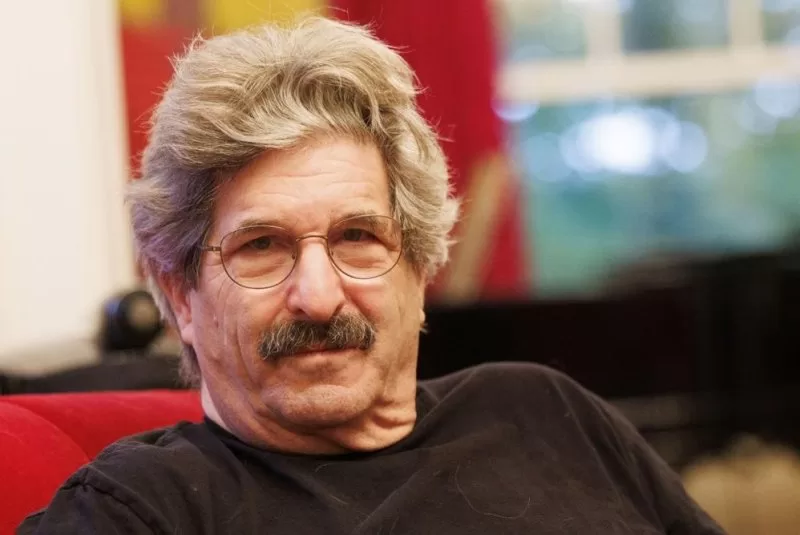Molecular biologist Gary Bruce Ruvkun, co-recipient of the Nobel Prize awarded in physiology or medicine for his work on the discovery of MicroRNA, poses for a portrait at his home in Newton Centre, Massachusetts on Monday. Photo by C.J. Gunther/EPA-EFE
Oct. 7 (UPI) — U.S.-based scientists Victor Ambros and Gary Ruvkun won the Nobel Prize for medicine and physiology on Monday for discovering microRNA molecules, which determine how genes behave.
MicroRNA molecules are crucial in determining how cells that have the same chromosomes have different characteristics, essentially acting as an instruction manual.
“This year’s Nobel Prize focuses on the discovery of a vital regulatory mechanism used in cells to process gene activity,” the Nobel Prize said in a statement. “Genetic information flows from DNA to messenger RNA, or mRNA, via a process called transcription, and then on to the cellular machinery for protein production.
“There mRNAs are translated so that proteins are made according to the genetic instructions stored in the DNA. Since the 20th century, several of the most fundamental scientific discoveries have explained how these processes work.”
Ambros and Ruvkun probed a 1 millimeter roundworm that held many specialized cell types that are now seen as opening the door to such discoveries but at the time was essentially ignored in the scientific community in the 1980s.
Ambros, who was born in New Hampshire, is currently a professor of natural science at the University of Massachusetts Medical School.Ruvkun, who was born in California, is a professor of genetics at Harvard University Medical School.
The first started working together as postdoctoral student fellows in the laboratory of Robert Horvitz in the late 1980s, which led to their discovery and groundbreaking work.
